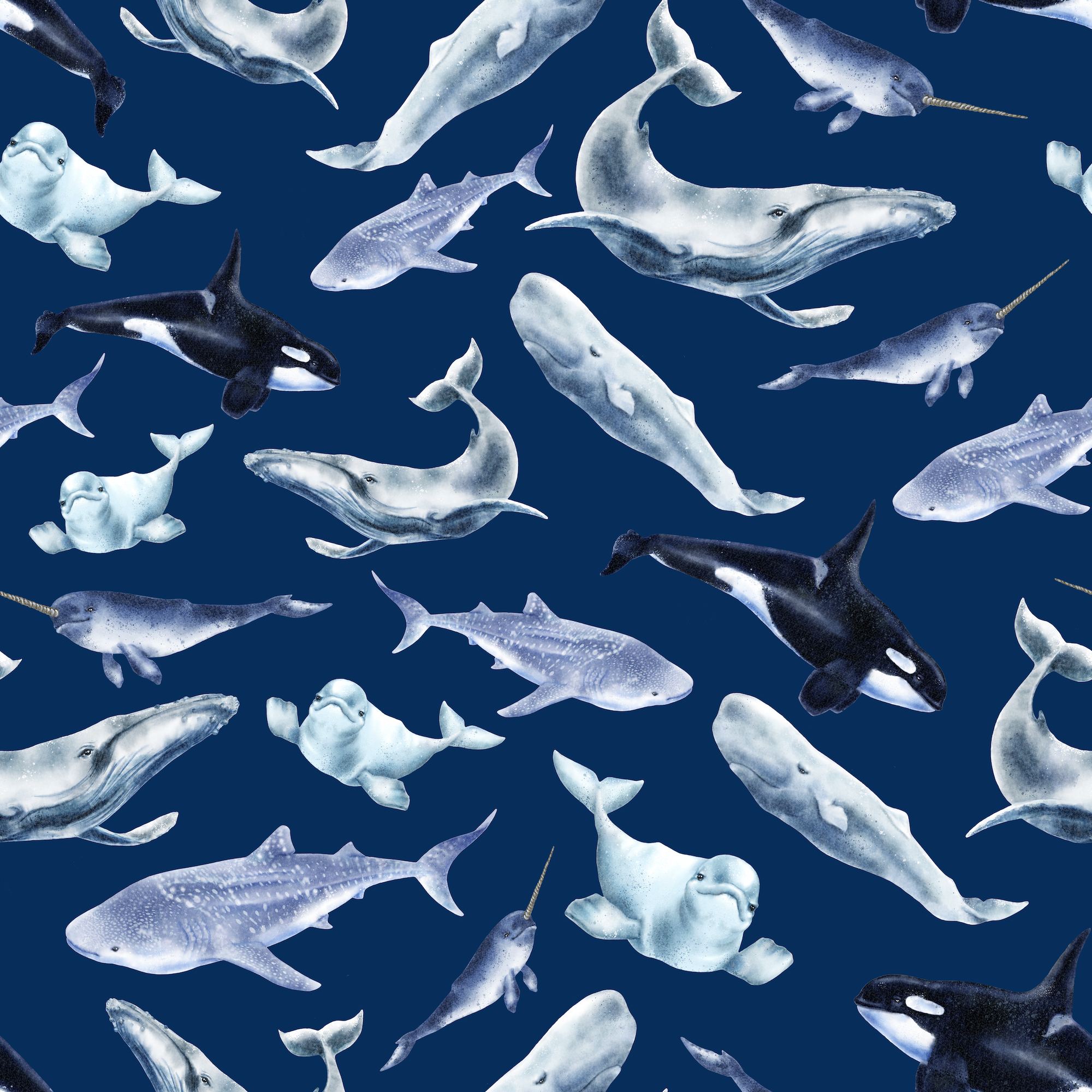In december 2007, the then Senator Barack Obama stated that “As president, I will ensure that the U.S. provides leadership in enforcing international wildlife protection agreements, including strengthening the international moratorium on commercial whaling. Allowing Japan to continue commercial whaling is unacceptable.”
The promise came as a miraculous lifesaver against the pro whaling policies promoted by then president George W. Bush, who during his obscure mandate as U.S. president invested great efforts towards deregulating environmental and biodiversity agreements.
The pro whaling policies of former president Bush accelerated after the International Whaling Commission (IWC) elected republican William Hogarth as chairman of this international body in 2006. Shortly after taking office, the IWC was already embroiled in a process aimed at eliminating the progress made by the Commission during the last decades in conservation and non-lethal use of whale populations.
The creation of small working groups, “closed” to public scrutiny, that were aimed to draft a proposal to negotiate the so-called Future of the IWC – whose ultimate goal was to legitimize whaling operations – meant a serious drawback to the efforts made by the Commission to resolve a major threat to the governance of the IWC: its lack of transparency.
The arrival of Obama to the White House predicted the return of the U.S. to its historical pro conservation position. However, early indications that no great changes would come soon became clear when the new administration decided to keep Hogarth as President of the IWC, who in return dedicated his time to impulse the much criticized negotiation process until his last day as chairman of the IWC (June 2009).
But hope reborn with the appointment of Monica Medina as the new commissioner of the U.S. to the IWC. Her work and experience in non governmental organizations like the International Fund for Animal Welfare (IFAW) and the Pew Environmental Group seemed to ensure that the pro-whaling policies of the Bush administration would be replaced by new proposals oriented to fulfill the promise made by Obama in 2007 in relation to strengthen the moratorium and oppose Japanese whaling operations.
But surprisingly the opposite happened. The negotiation process initiated by Hogarth finally materialized in a proposal that was drafted under the same conditions of secrecy established under his chairmanship. The objectives of the proposal to define the Future of the IWC were to eliminate the moratorium on commercial whaling and legitimize Japan’s whaling operations in Antarctica, an area designated as a Sanctuary where the killing of these marine mammals is forbidden. Medina’s influence in the NGO community could explain the highly questioned support of large organizations such as WWF, Greenpeace and the Pew Environment Group to a proposal that was literally intended to “kill” whales in order to “save” them.
Despite the persistent efforts made by Medina during the last IWC meeting in Morocco (June 2010) for the Commission to adopt the controversial whaling agreement, the overwhelming opposition of the international community – both to the form of the negotiation process and the substance of the proposal – led the U.S. to suffer perhaps the greatest political failure within the IWC. After a historic week that could be remembered as one of the most complex in the 60-year history of the IWC, the Commission decided to close the negotiation process and adopt a cooling-off period of one year.
However, less than two months before the next annual meeting of the IWC in the island of Jersey (United Kingdom), the pro-whaling intentions of the United States surface once again. This time in the form of a proposal entitled “Resolution to Maintain the Future of the IWC” which could, among others, revitalize the negotiation process that was formally closed by the Commission last year. Like the 2010 failed proposal, the draft resolution only has the support of New Zealand, the only country that has decided to support the U.S. pro whaling policy in the IWC for unexplainable reasons until date.
It is clear that the Obama administration does not intend to reconsider the pro whaling legacy of the Bush administration and that, like many other campaign promises, the strengthening of the moratorium and the closure of Japanese whaling operations in Antarctica, are part of the many “changes” that will not see the light under his leadership.
President Obama recently declared June 2011 as the “Month of the Oceans.” According to an official statement, Obama calls his people to “take action to protect, conserve and restore our oceans.”
On June 8, 2011, Day of the Oceans, Obama’s broken promises on whaling highlight the need for civic society in the U.S., Latin America, Caribbean, Europe and Oceania to take this call very seriously and activate a public movement to reverse the direction taken by the U.S. pro whaling policy at the IWC, as it constitutes a serious threat to the oceans and its biodiversity, and to the overall process of deregulation of international environmental agreements led currently by the U.S. hegemonic power.
By: Elsa Cabrera, executive director Centro de Conservación Cetacea y Juan Carlos Cárdenas, executive director Centro Ecoceanos.




